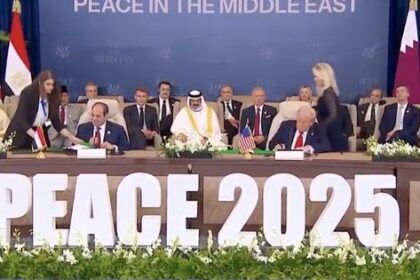Pakistan objects to Kashmir references in New Delhi-Kabul statement amid rising tensions.
Pakistan has summoned the Afghan ambassador following the issuance of a joint statement by India and Afghanistan, expressing strong reservations regarding certain references made in the document. The statement, released on October 10, included remarks about Jammu and Kashmir being a part of India, which Pakistan contests vehemently.
The Afghan Foreign Minister, Amir Khan Muttaqi, visited New Delhi for a six-day trip, marking the first official visit of a high-ranking Taliban representative to India since the group regained control of Afghanistan in 2021. During the visit, India’s External Affairs Minister S. Jaishankar acknowledged Afghanistan’s strong condemnation of the April 22 Pahalgam terror attack, emphasizing a mutual stance against terrorism emanating from regional countries.
In response to the joint statement, Pakistan’s foreign office articulated its discontent through its Additional Foreign Secretary (West Asia and Afghanistan), who communicated these concerns to the Afghan envoy. Pakistan contended that the characterization of Jammu and Kashmir as part of India contradicts pertinent United Nations Security Council resolutions, which it cited as the basis for its objections.
Moreover, Pakistan took issue with Muttaqi’s assertion that terrorism is solely an internal issue for Pakistan. The Pakistani authorities argued that attributing the responsibility of controlling terrorism to Islamabad fails to address the Taliban’s obligations to maintain peace within Afghanistan. The foreign office reiterated Pakistan’s role as a host to nearly four million Afghan refugees over the past four decades, highlighting the longstanding ties between the two nations.
As the situation unfolded, clashes were reported along the border between Afghanistan and Pakistan, just hours after the Afghan ambassador was summoned. These confrontations occurred in the context of heightened tensions, with the Taliban accusing Pakistan of involvement in recent blasts in Kabul, a claim that Islamabad has denied.
With the Taliban’s governance and security management now in question, Pakistan is advocating for the return of undocumented Afghans residing within its borders, as it seeks to navigate the complex dynamics of regional security and bilateral relations.
Further details are expected as agencies align on next steps and documentation.
Local impact may differ by region; much depends on on-ground execution and coordination.








